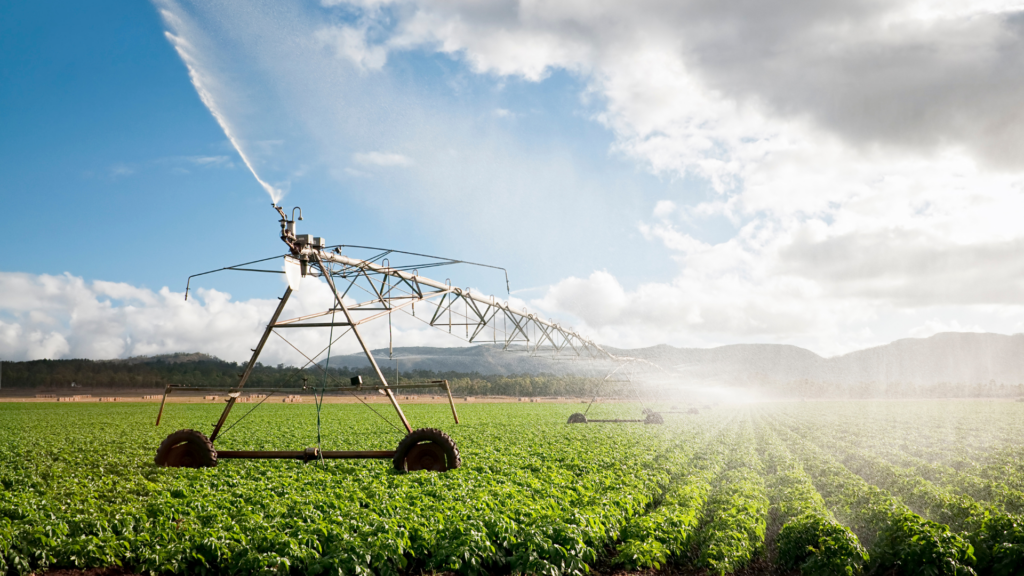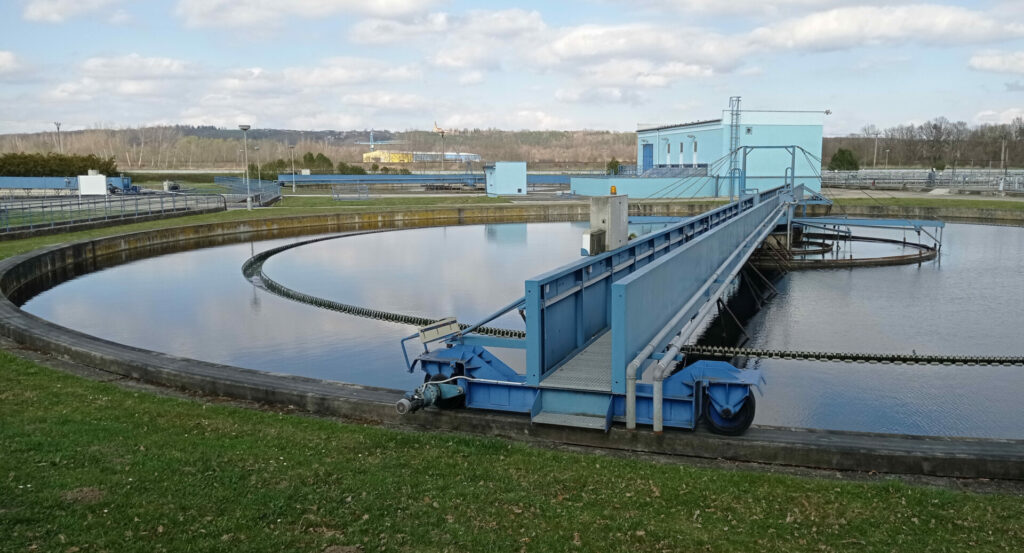In a bid to save drinking water, French utility companies are stepping up their processing of wastewater. France lags far behind many other European countries when it comes to reusing wastewater.
“Today in France, less than 1% of water comes from the reuse of wastewater, while this is common in Italy (8%) and Spain (14%). We must raise awareness about reusing water and preserving resources,” Frédéric Salin, manager of water treatment company Veolia water in Aude, southern France, told the AFP.
Reusing and processing wastewater is nothing unusual. Many countries, such as Israel, Singapore, or Namibia treat large amounts of wastewater due to a lack of replenishable water sources and high water stress.
Typically, wastewater is used for agriculture, street cleaning, watering green spaces, or caring for the lawns of stadiums and golf courses. Thanks to the 1992 French Water Law, treated wastewater can only be used to irrigate land and must conform to public health and environmental requirements.

Industrial sprinklers are a common sight in France, although rates of water reuse are comparatively low. Credit: Canva
In one wastewater treatment plant in Narbonne, southern France, Veolia operates a “wastewater reuse box”, capable of treating 75 cubic metres of wastewater every hour. This is used in the surrounding agriculture, notably the region’s viticulture, freeing up precious drinking water for domestic use.
A short-term solution to a long-term problem?
“We must industrialise the reuse of wastewater. We will install wastewater reuse boxes wherever possible. By the end of 2023, we plan to commission 100 "reuse boxes" – a pioneering approach that will save three million cubic metres of drinking water, the equivalent of the annual consumption of a city of 180,000 inhabitants,” François Reboul Salze, innovation manager at Veolia stated.
By 2100, experts predict that the flow of the river Rhône will drop by up to 80% and the IPCC warns that the intensity and frequency of drought in the French Mediterranean will become much more severe.
As such, the processing of wastewater will likely be useful to meet some of the water demand for much of the region in the future. Experts still warn that the use of wastewater is complicated and must be well regulated.
“It’s a solution for the future to save drinking water, but it won’t solve all our problems. You have to be careful, it’s water that is no longer poured into nature, it is necessary to study the possible impact on the watercourse,” Sophie Bsenault, an expert in water treatment from the National Research Institute for Agriculture, Food, and the Environment (INRAE) told AFP.
Lessons to be learned in Belgium
Some areas of Belgium suffer from more acute water shortages than even some areas of the Mediterranean.
Reusing wastewater is part of Wallonia's ten-year plan to create integrated and sustainable water management. The Wallon Water Company (SWDE) will invest no less than €24 million into several projects by 2024, notably to add new ways to recycle wastewater.
Related News
- 19 Walloon municipalities must limit water consumption
- German gunship wrecks reappear in the Danube
- Belgium braces for poor potato harvest following long period of drought
“ReUSE”, a series of pilot projects, is already underway in the Brussels-South wastewater treatment plant. For just over a year, water company Hydria has been attempting to persuade local industry and the government that its processed wastewater is up to standard for use in the local area.
For processed wastewater to be used, it must meet minimum European standards. The 2020 regulations mostly apply to the agricultural sector, but there is interest in expanding regulation to see the use of processed wastewater increase in other fields.
Brussels Environment is currently undertaking studies to assess the feasibility of using this water across the city. In order to roll out the use of wastewater effectively, local authorities will need to create a new distribution network, similar to what already exists in Paris.

